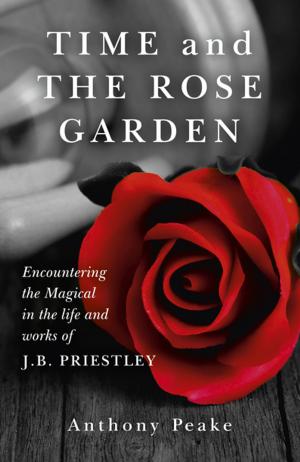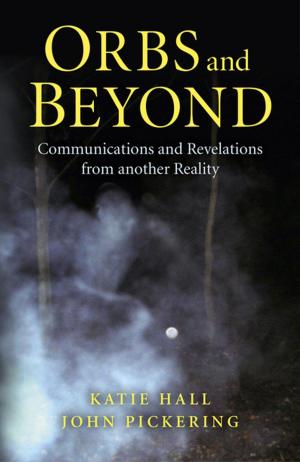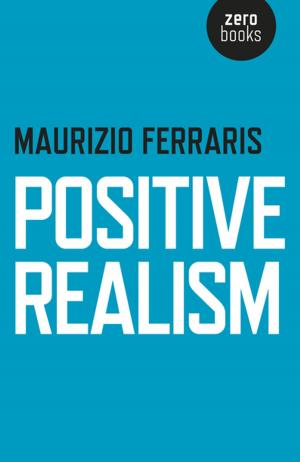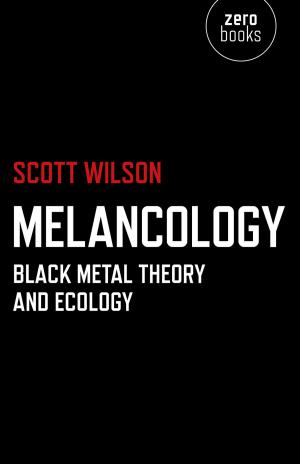Pagan Portals - Spellbook & Candle
Cursing, Hexing, Bottling & Binding
Nonfiction, Religion & Spirituality, Other Practices, Witchcraft & Wicca, New Age| Author: | Melusine Draco | ISBN: | 9781780995649 |
| Publisher: | John Hunt Publishing | Publication: | October 26, 2012 |
| Imprint: | John Hunt Publishing | Language: | English |
| Author: | Melusine Draco |
| ISBN: | 9781780995649 |
| Publisher: | John Hunt Publishing |
| Publication: | October 26, 2012 |
| Imprint: | John Hunt Publishing |
| Language: | English |
Curses have given the world some of its greatest legends and folklore, and the more grisly and gory, the better we like them. But cursing, or ill-wishing, is not a practice confined to magical practitioners - black, white or grey - it is a form of expression intended to do harm in reparation for some real or imagined insult and can be ‘thrown’ by anyone of any race, culture or creed without any prior experience of ritual magic or witchcraft. According to the dictionary, however, a curse is defined as: To invoke or wish evil upon; to afflict; to damn; to excommunicate; evil invoked on another person. If this is the clear definition, then under what circumstances can we challenge this established way of thinking and ask ourselves can cursing ever be justified? And if we hesitate for just a moment, then we must ask the next question: Is cursing evil? Like all aspects of life, however, it is advisable to put things in their proper perspective before passing judgement.
Curses have given the world some of its greatest legends and folklore, and the more grisly and gory, the better we like them. But cursing, or ill-wishing, is not a practice confined to magical practitioners - black, white or grey - it is a form of expression intended to do harm in reparation for some real or imagined insult and can be ‘thrown’ by anyone of any race, culture or creed without any prior experience of ritual magic or witchcraft. According to the dictionary, however, a curse is defined as: To invoke or wish evil upon; to afflict; to damn; to excommunicate; evil invoked on another person. If this is the clear definition, then under what circumstances can we challenge this established way of thinking and ask ourselves can cursing ever be justified? And if we hesitate for just a moment, then we must ask the next question: Is cursing evil? Like all aspects of life, however, it is advisable to put things in their proper perspective before passing judgement.















